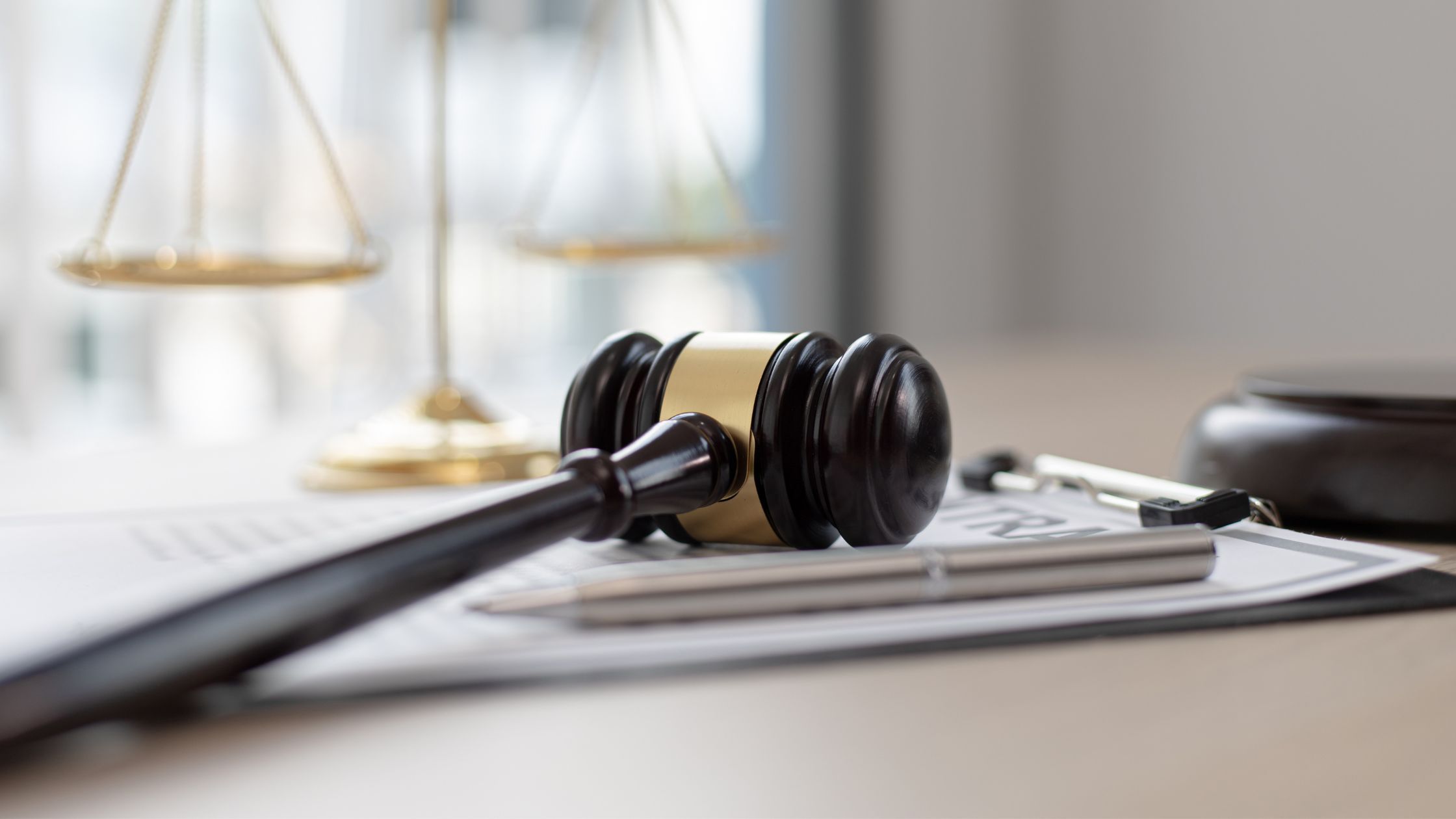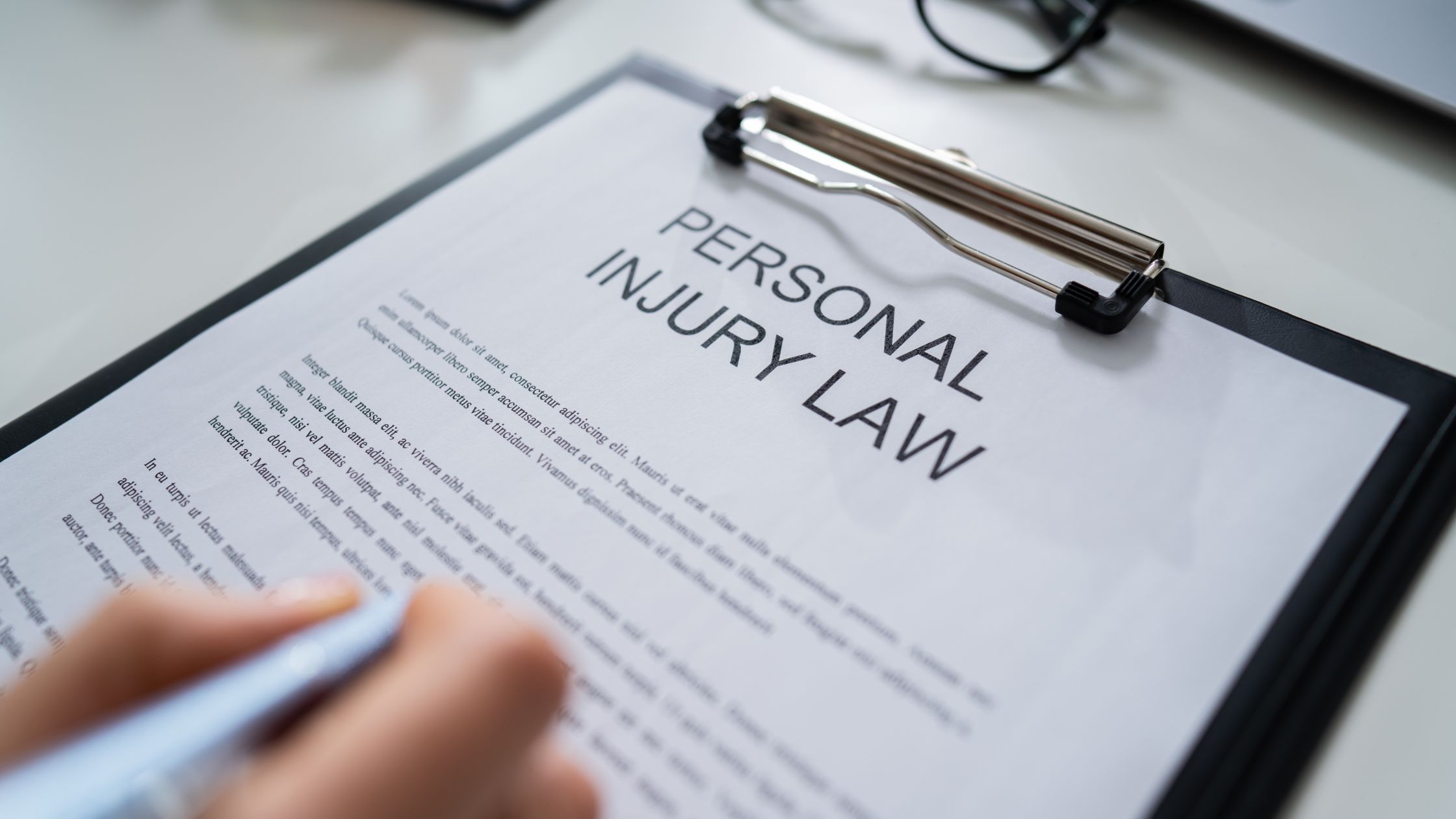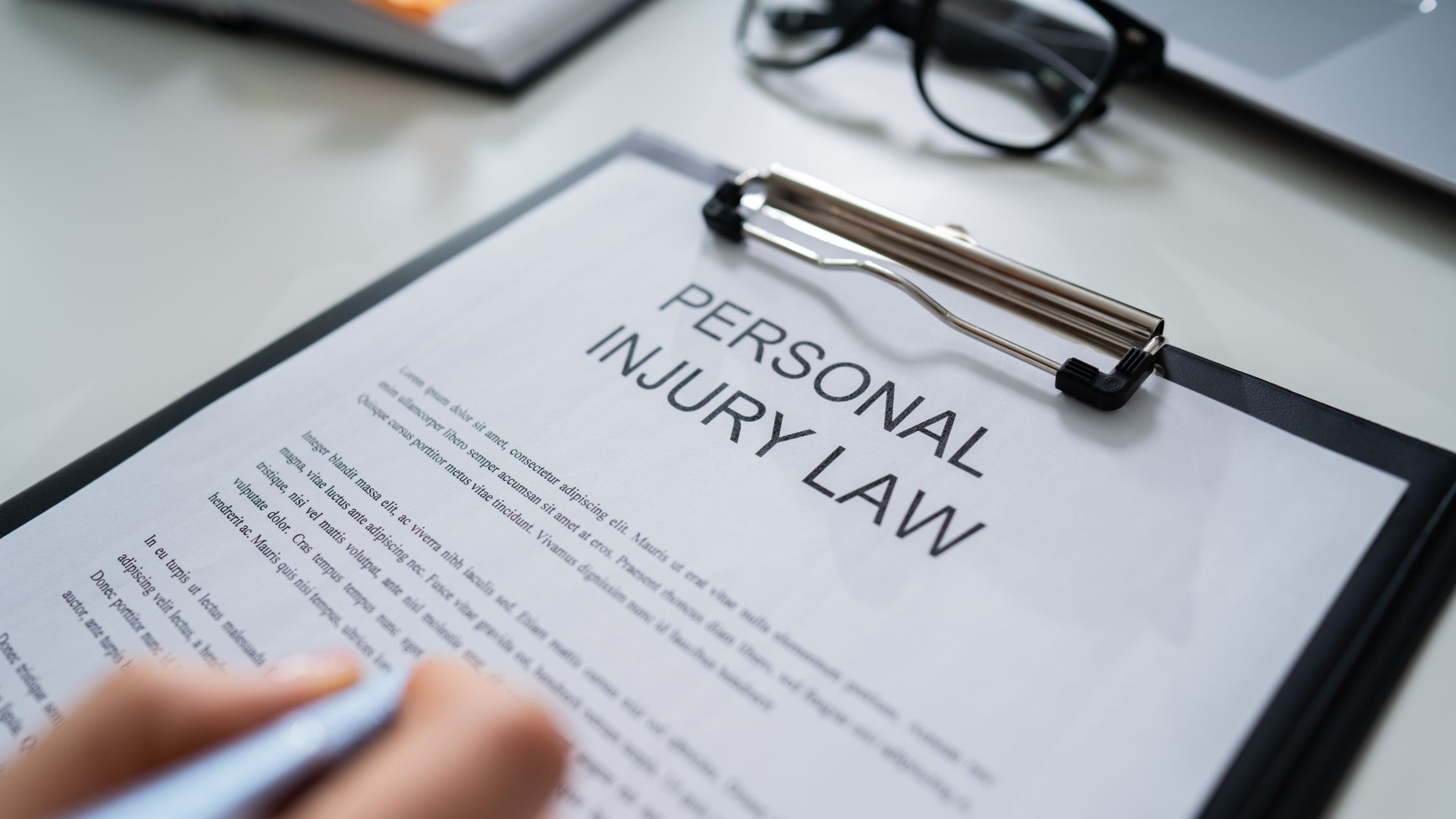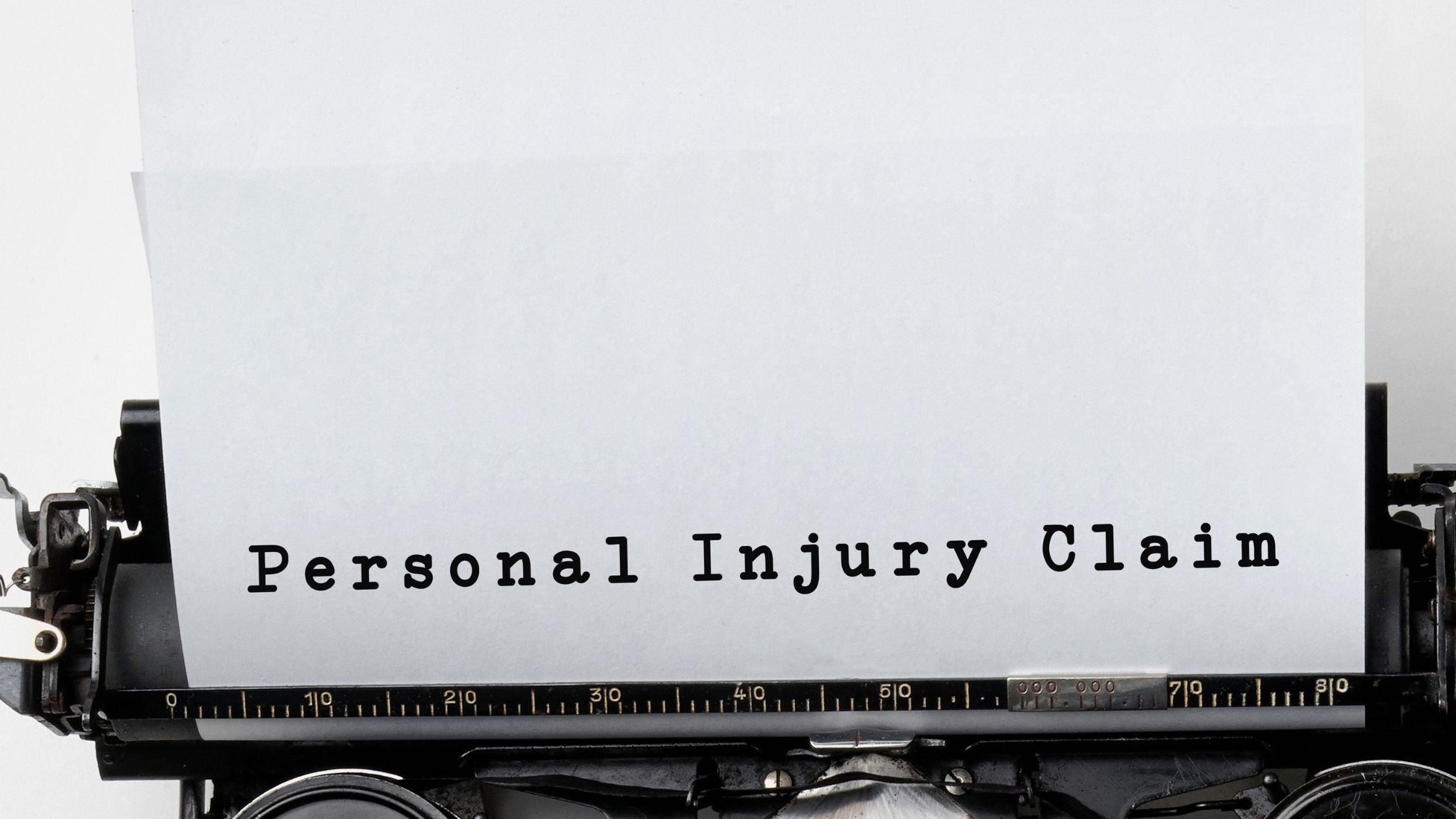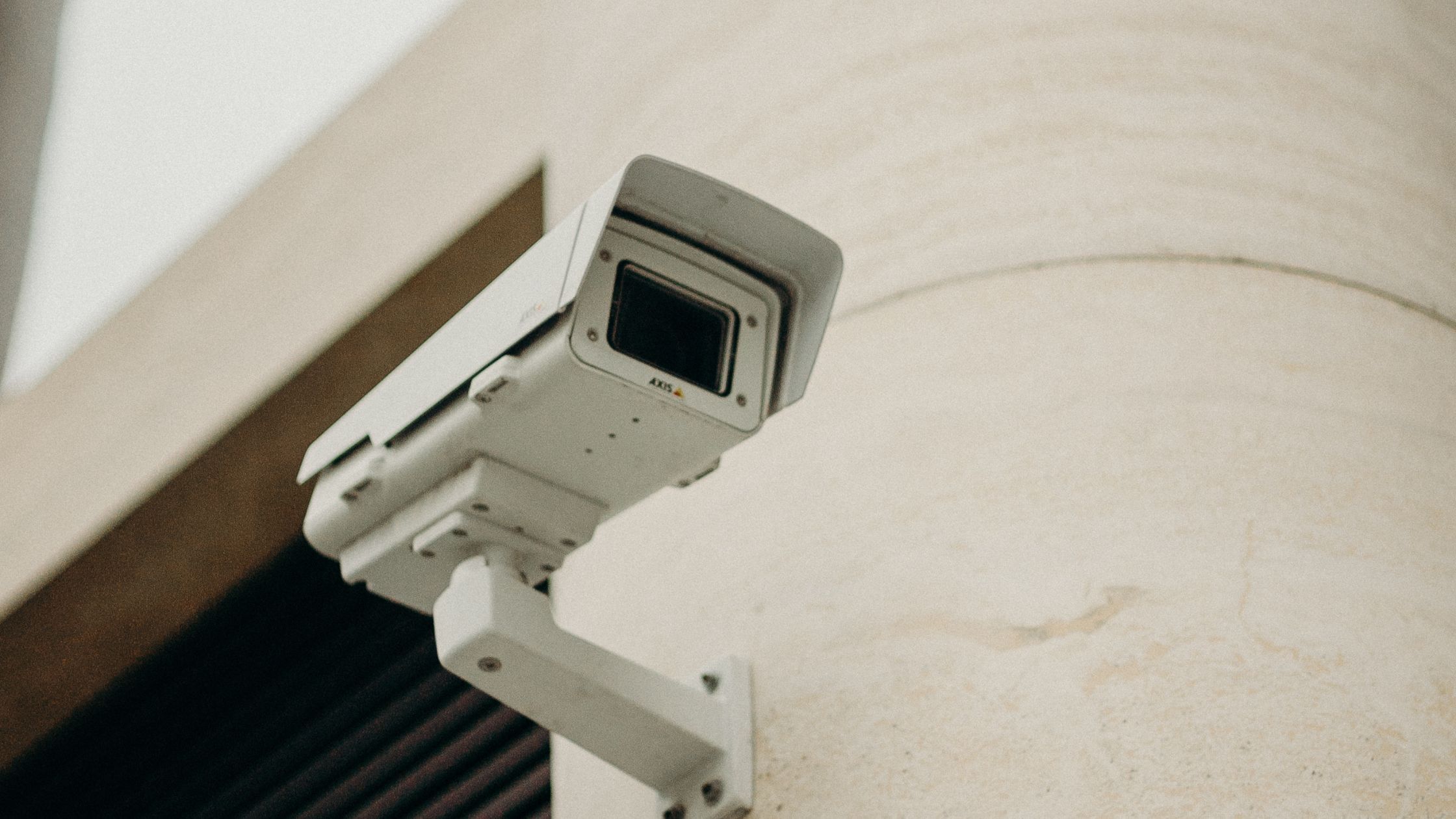In short, yes.
The issue was considered by the Supreme Court in the case of Mr A M Mohamud (in substitution for Mr A Mohamud (deceased) v WM Morrison Supermarkets plc [2016] UKSC 11 in a judgment dated 2 March 2016.
The Facts
On 15th March 2008 the Claimant attended a Morrisons petrol station in Small Heath, Birmingham.
The Claimant attended upon Mr Amjid Khan, an employee of the Defendant, whom was positioned behind the kiosk desk within the petrol station. The Claimant enquired as to whether Mr Khan could print some documents from a USB stick.
Mr Khan refused the request in a rude manner prompting the Claimant to protest. Mr Khan became verbally aggressive, directing racist and threatening language towards the Claimant before ordering the claimant to leave the petrol station.
The claimant returned to his car with Mr Khan in pursuit. Before the claimant was able to leave the area Mr Khan opened the passenger door of the Claimant's vehicle and threatened the Claimant never to return, whilst he was also punched in the face.
The Claimant exited his vehicle in order to close the passenger door where Mr Khan subjected him to a serious assault involving punches and kicks.
The claimant brought proceedings against the Defendant on the basis that it was vicariously liable for the actions of its employee, Mr Khan, although it initially failed on the basis that there was not a sufficiently close connection between what Mr Khan was employed to do (serving and helping customers) and the assault of the customer.
The Supreme Court decision
The Supreme Court allowed the appeal, holding Morrisons vicariously liable for Mr Khan's actions.
The Supreme Court re-affirmed the two-fold "close connection" test laid down in Lister v Hesley Hall Ltd [2001] UKHL 22. The first question is what functions have been entrusted by the employer to the employee, and secondly, whether there was sufficient connection between the employee's position and his wrongful conduct to make it just for the employer to be held liable. The Supreme Court found that Mr Khan's job was to attend to customers and assist. Mr Khan's threats, racist language and orders to leave were inexcusable, and were within the functions Mr Khan had been entrusted with. This was not a personal or racial vendetta against the Claimant. There was an order to leave and never return to the Defendant's premises. In giving the order Mr Khan was purporting to act about his employer's business. Mr Khan had abused his position but the Defendant had entrusted him to deal with the public and so were responsible for the consequences of the abuse of that trust.






